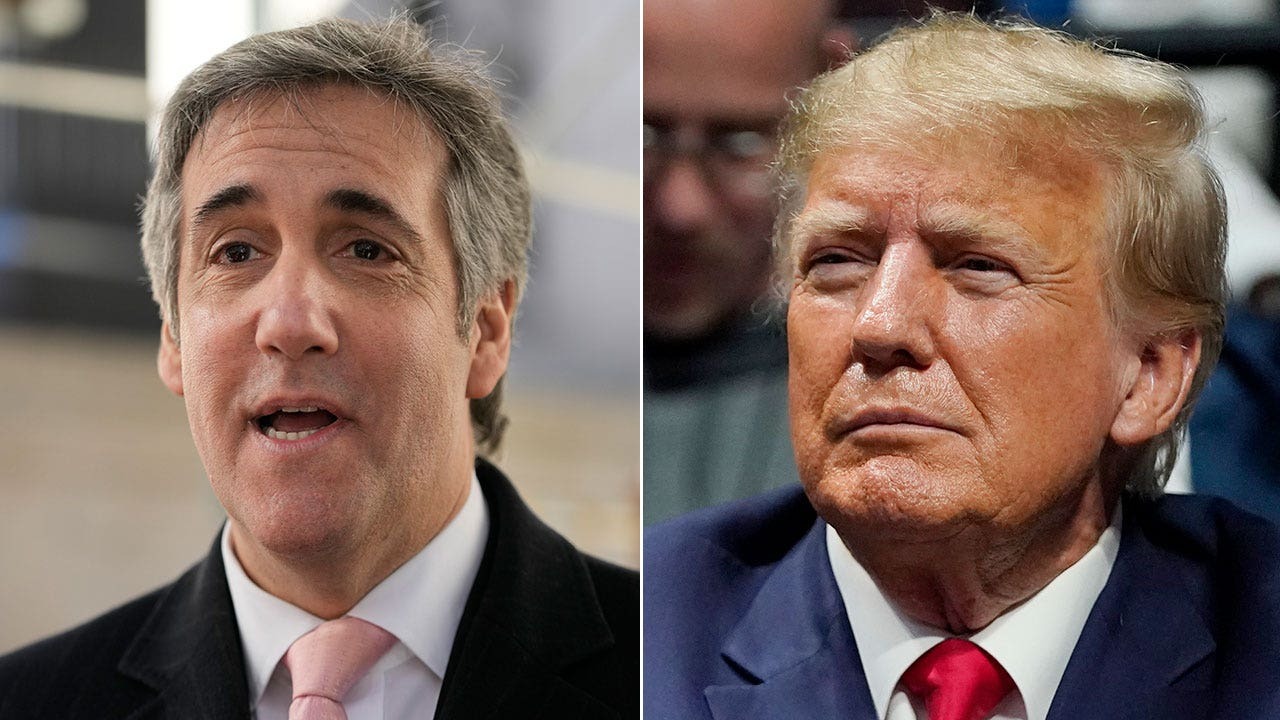Donald Trump’s anger and fear of political disaster were palpable when his then-attorney, Michael Cohen, revealed that Stormy Daniels was about to share her story of having sex with him in 2006. This bombshell dropped just as Trump’s 2016 presidential campaign was gaining momentum.
Cohen recalled Trump’s enraged reaction, “I thought you had this under control. I thought you took care of this… This is a disaster.
This is a total disaster.” Trump’s primary concern was the potential backlash from women voters, worrying that they would turn against him. He instructed Cohen to “push it” past Election Day, saying, “If I win, it won’t matter.”

Cohen, a key witness in Trump’s historic criminal trial in New York, testified that he was directed to buy Daniels’ silence for $130,000 and that Trump reimbursed him with a series of checks in 2017.
This was part of a larger effort to suppress politically explosive stories leading up to the 2016 election. Trump faces 34 felony counts of falsifying business records as part of an alleged election interference scheme and has pleaded not guilty.
Throughout the trial, prosecutors have relied on Cohen to connect the dots between Trump’s instructions and the hush money deals negotiated to secure the rights to stories of Trump’s alleged affairs.
Witness testimony, recordings, emails, and text messages have all contributed to a narrative that implicates Trump in the cover-up.
Cohen’s testimony has been instrumental in building this case, revealing that Trump instructed him to pay Daniels himself, saying, “Do it. Figure this out.” The outcome of this trial will have significant implications for Trump’s political future and the integrity of the electoral process.


